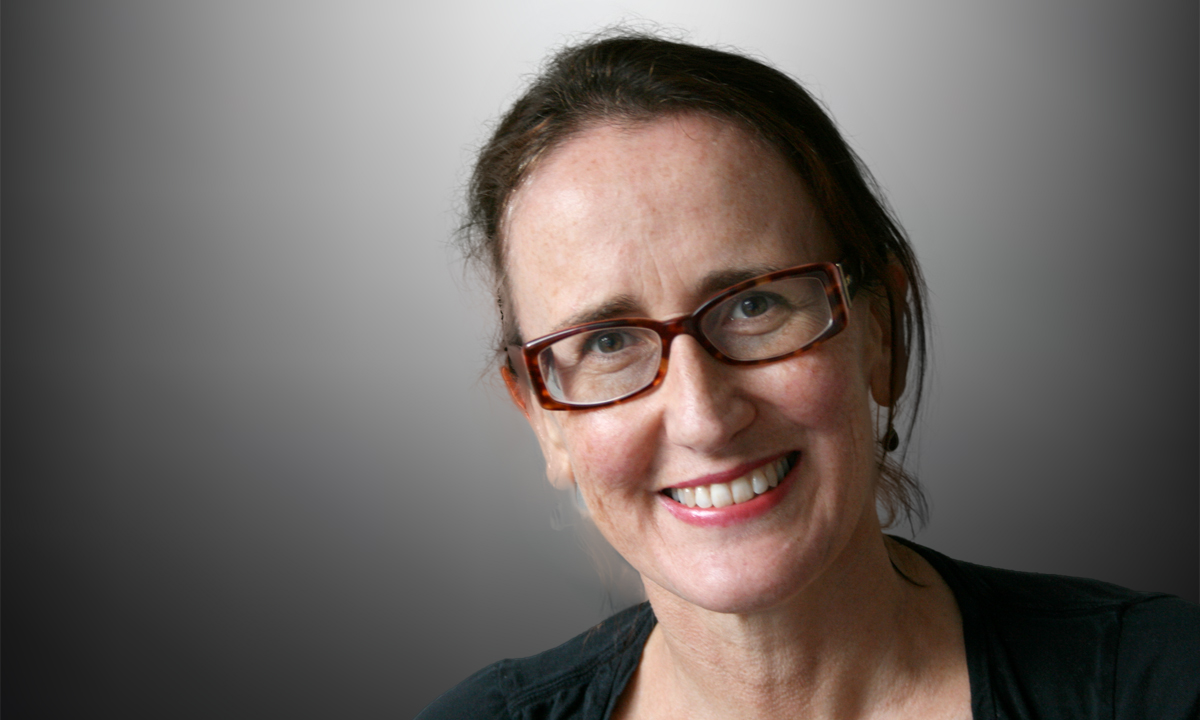“MILLIONS more of us should be taking antidepressants,” trumpeted a headline in the UK’s Daily Mail earlier this year. “Largest-ever study claims the pills DO work and GPs should be dishing them out.”
The review of more than 500 published and unpublished trials in nearly 120 000 patients with major depression found that all 21 antidepressants studied performed better than placebo, though some were more effective than others.
Did the British researchers conclude GPs should therefore be dishing them out? Not in their Lancet article.
The Daily Mail’s impressively long, four-tier headline was based on a press conference given by the apparently somewhat overexcited researchers. There they did, if accurately reported, claim that only one in six people with depression was receiving effective treatment, suggesting millions more should be given the pills.
In the Lancet article itself, they were considerably more cautious, saying that effect sizes were mostly modest and hoping that their findings would “assist in shared decision making between patients, carers, and their clinicians”.
This could be a case study in the need for researchers to tone down their enthusiasm when talking to the media.
Since the launch of Prozac in the late 1980s, discussion about the role of antidepressants has not always featured the nuance you might hope for with a subject as complex as mental illness.
Rival camps seem to have been claiming “everybody should be on them” or “they’re instruments of the devil” pretty much from the beginning.
I recently reviewed UK journalist Johann Hari’s book about his own experience with depression, a book with a title that could almost rival that Daily Mail headline for prolixity: Lost connections: uncovering the real causes of depression – and the unexpected solutions.
Hari was once a self-described “evangelist for antidepressants”, preaching the benefits of selective serotonin reuptake inhibitors (SSRIs) to all who would listen.
You’ve probably guessed from the title of his book that this is something he no longer believes.
His evangelism now is for bringing down the drugs he once so fervently espoused, and he is profoundly critical of the medical profession that prescribed them to him.
Hari received his first prescription for antidepressants at age 18 years from a doctor who, he says, explained to him the role of serotonin in the brain but did not ask any questions about possible sources of unhappiness in his life.
“… in 13 years of being handed ever higher doses of antidepressants, no doctor ever asked me if there was any reason why I might be feeling so distressed,” he writes.
If that’s true, Hari was extraordinarily unfortunate in his choice of doctors.
Australian guidelines, like others around the world, emphasise a multifaceted approach to depression treatment.
“The management of depression is anchored within a therapeutic relationship that attends to biopsychosocial lifestyle aspects and psychiatric diagnosis,” the guidelines say.
“Lifestyle and psychological therapies are favoured for less severe presentations, and concurrent antidepressant prescription is reserved for more severe and otherwise treatment-refractory cases.”
It’s true that the enthusiasm for medication might have been more evident last century, when SSRIs were still the new kid on the block, but even then you would hope most GPs and mental health professionals would have been taking a broader view of their patients’ mental health.
Hari is not wrong to question the widespread use of SSRIs. It’s almost certainly the case that the drugs’ benefits were overstated, particularly by pharmaceutical manufacturers who stood to benefit.
But this is hardly a new insight. It’s been a topic of vigorous discussion in public and scholarly forums for a decade or more.
Hari’s attempt to portray overprescription of the drugs as some kind of ongoing conspiracy to hide the truth about the “real causes” of depression simply muddies the waters.
In case you’re wondering, those real causes are to be found in various kinds of disconnection: from meaningful work, from other people, from respect, from nature, from a secure future, and so on. And the “unexpected” solutions are to reconnect to meaningful work, to people …
Worthy strategies, certainly, but it’s hard to see why you’d describe them as unexpected (unless you saw it as a good way to sell books, of course).
Hari’s book will no doubt help some people, but it will likely harm others who might have benefited from medication.
Those British researchers who so enthusiastically marketed their positive findings about antidepressants run a similar risk.
Depression is complex. We don’t fully understand it. Different approaches will work for different people. And we should all be skeptical of anybody who claims to have discovered “the truth”.
On a slightly tangential note, I can’t recommend highly enough comedian Hannah Gadsby’s takedown of an audience member who criticised her for taking antidepressants because, he said, as an artist she needed to feel.
I won’t quote it in this mostly G-rated column, but it’s definitely worth a watch.
Jane McCredie is a Sydney-based health and science writer and editor.
To find a doctor, or a job, to use GP Desktop and Doctors Health, book and track your CPD, and buy textbooks and guidelines, visit doctorportal.

 more_vert
more_vert
It’s not that antidepressants don’t ever work. There is a speedy boost at first. It’s that there are serotonin receptors all over our bodies, and there are now studies showing life expectancy is reduced in antidepressant users. And there can be mania, psychosis, akathisia and extremely difficult withdrawal. Oh yeah, heightened odds of suicide, often by the kneeling hanging method.
There is a question before considering whether people need treatment for depression. That is are they depressed are they experiencing a normal human emotion of sadness? In turn is that sadness an entirely reasonable emotion given the circumstances?. The fundamental problem is the medicalisation of life. Once we address that, the issue of over prescription will disappear.
It seems our medical registration authority @AHPRA has decided to back the multinational drug companies on this by suspending doctors who disagree with current usage guidelines. Am I wrong @AHPRA?